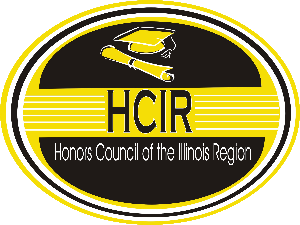Event Title
Rwanda Then and Now
Location
SRC 2000
Start Date
28-2-2015 12:30 PM
Description
Our poster presents the history of the tribes of Rwanda (the Tutsi, the Hutu, and the Twa) before, during, and after colonization, as well as the effects colonization had on the people. With Rwandan independence, this conflict intensified as tribes vied for power. We exhibit how these conflicts eventually resulted in the genocide of the Tutsis by the Hutus. We then show how the country has rebuilt since the genocide. Several factors contributing to the development of Rwanda include women in power and the election of the current president, Paul Kagame. In regards to justice after genocide, the Gacaca trials are still being held to bring closure for the victims. Other crucial projects implemented by the Rwandan government focus on poverty reduction, health programs, and universal access to education. In addition, students are no longer identified by tribe. We conclude with an examination of the current unity of Rwanda; people now consider themselves to be Rwandan as opposed to Tutsi, Hutu, Twa.
Rwanda Then and Now
SRC 2000
Our poster presents the history of the tribes of Rwanda (the Tutsi, the Hutu, and the Twa) before, during, and after colonization, as well as the effects colonization had on the people. With Rwandan independence, this conflict intensified as tribes vied for power. We exhibit how these conflicts eventually resulted in the genocide of the Tutsis by the Hutus. We then show how the country has rebuilt since the genocide. Several factors contributing to the development of Rwanda include women in power and the election of the current president, Paul Kagame. In regards to justice after genocide, the Gacaca trials are still being held to bring closure for the victims. Other crucial projects implemented by the Rwandan government focus on poverty reduction, health programs, and universal access to education. In addition, students are no longer identified by tribe. We conclude with an examination of the current unity of Rwanda; people now consider themselves to be Rwandan as opposed to Tutsi, Hutu, Twa.


